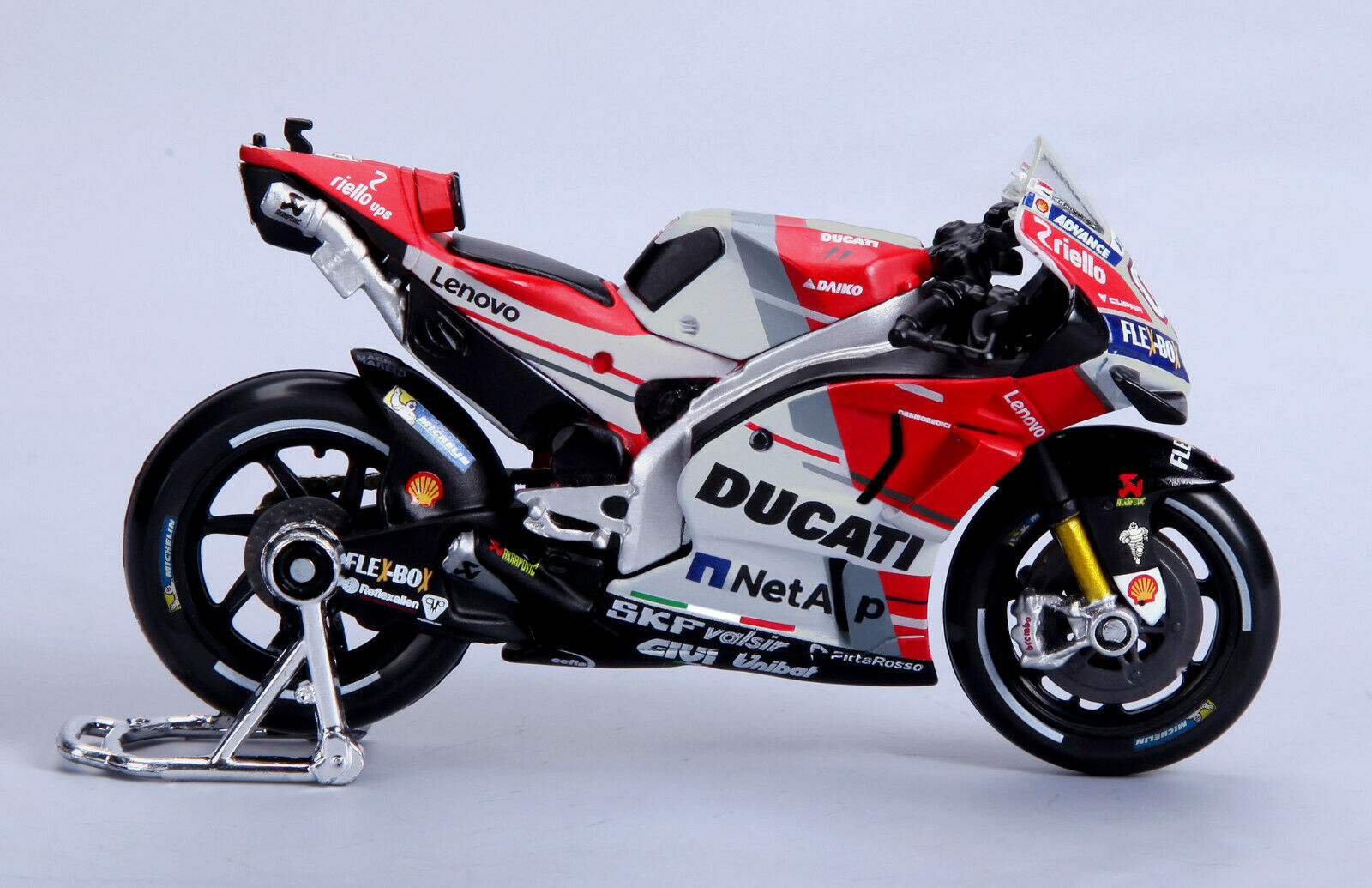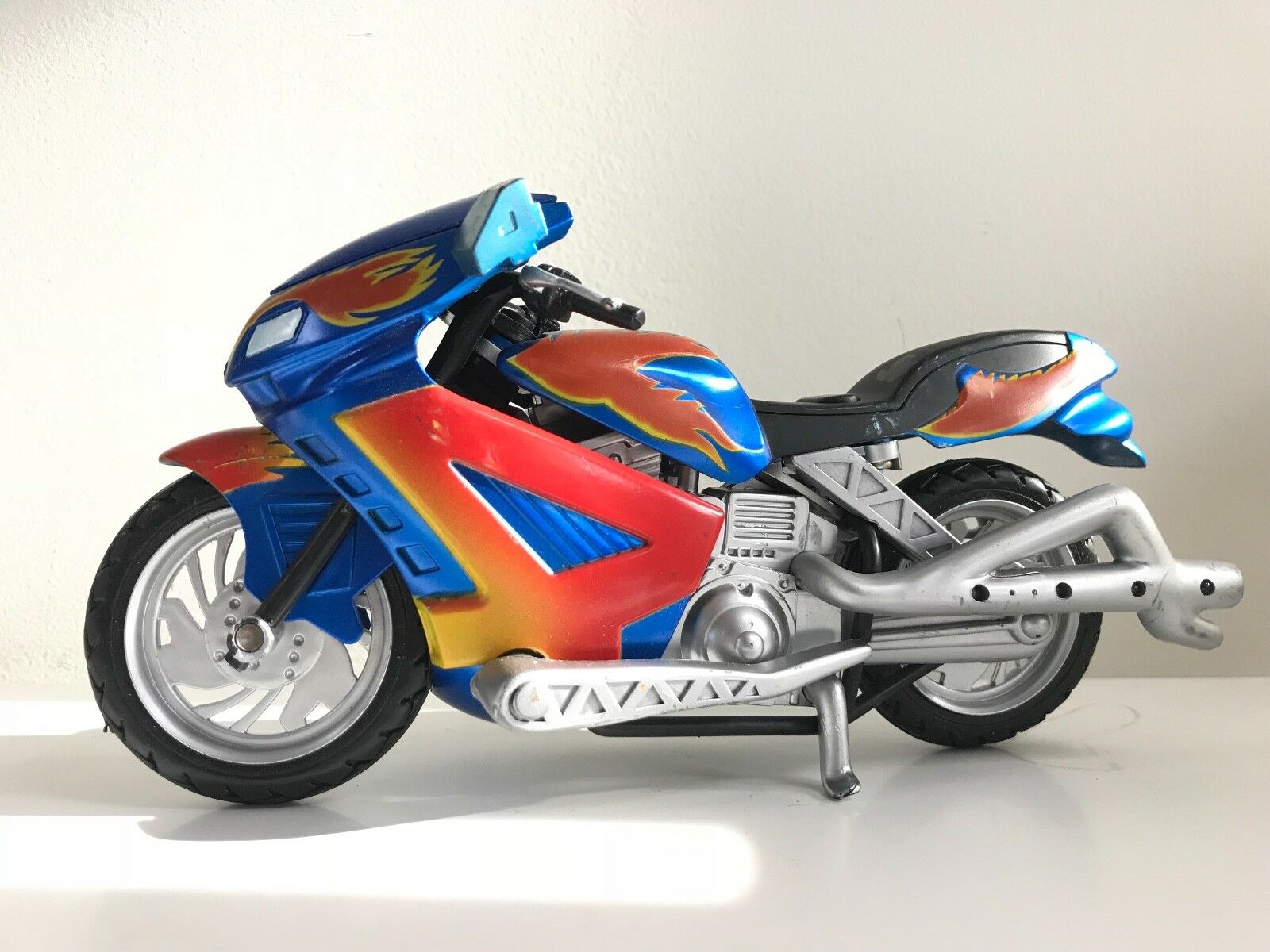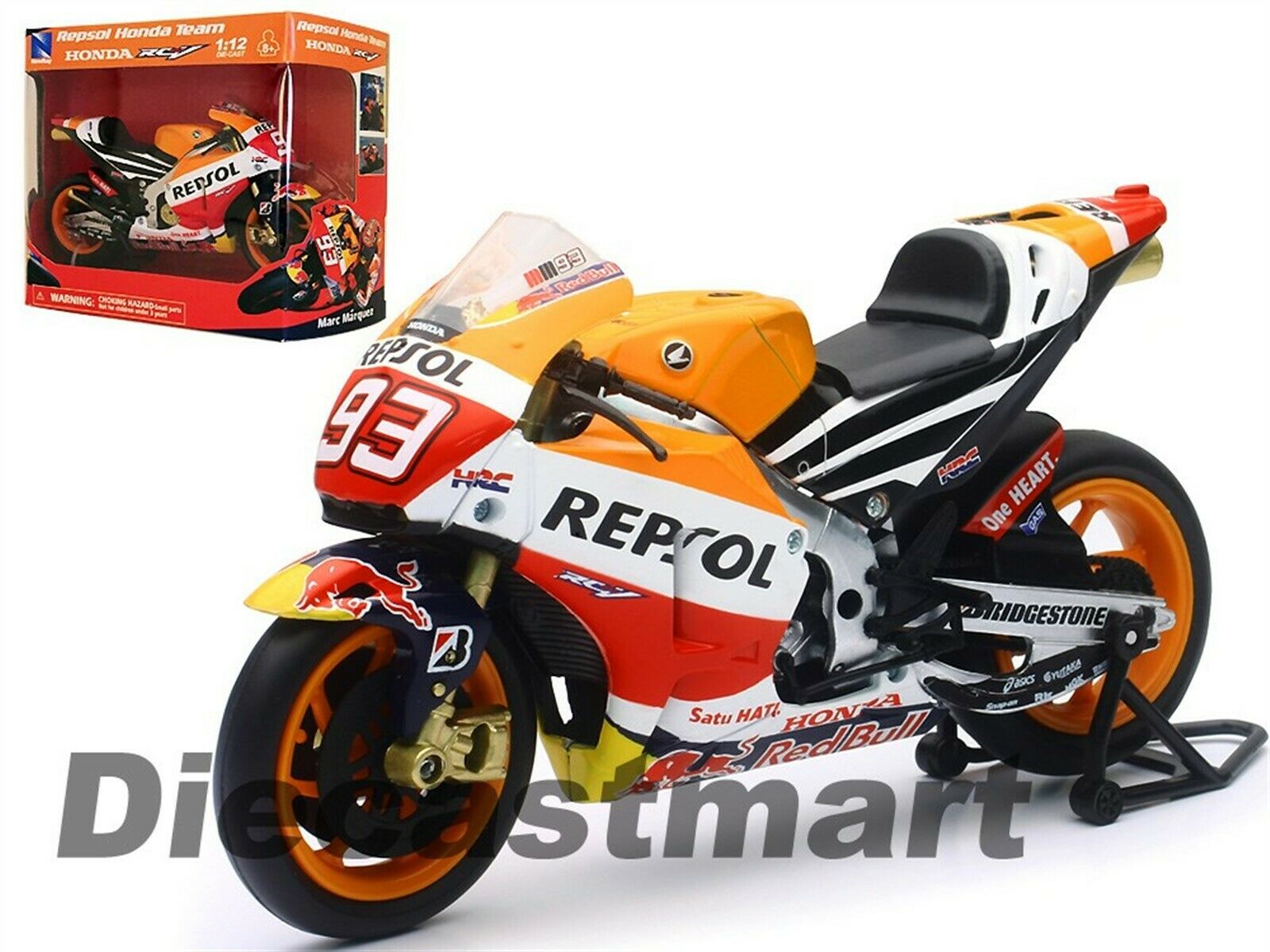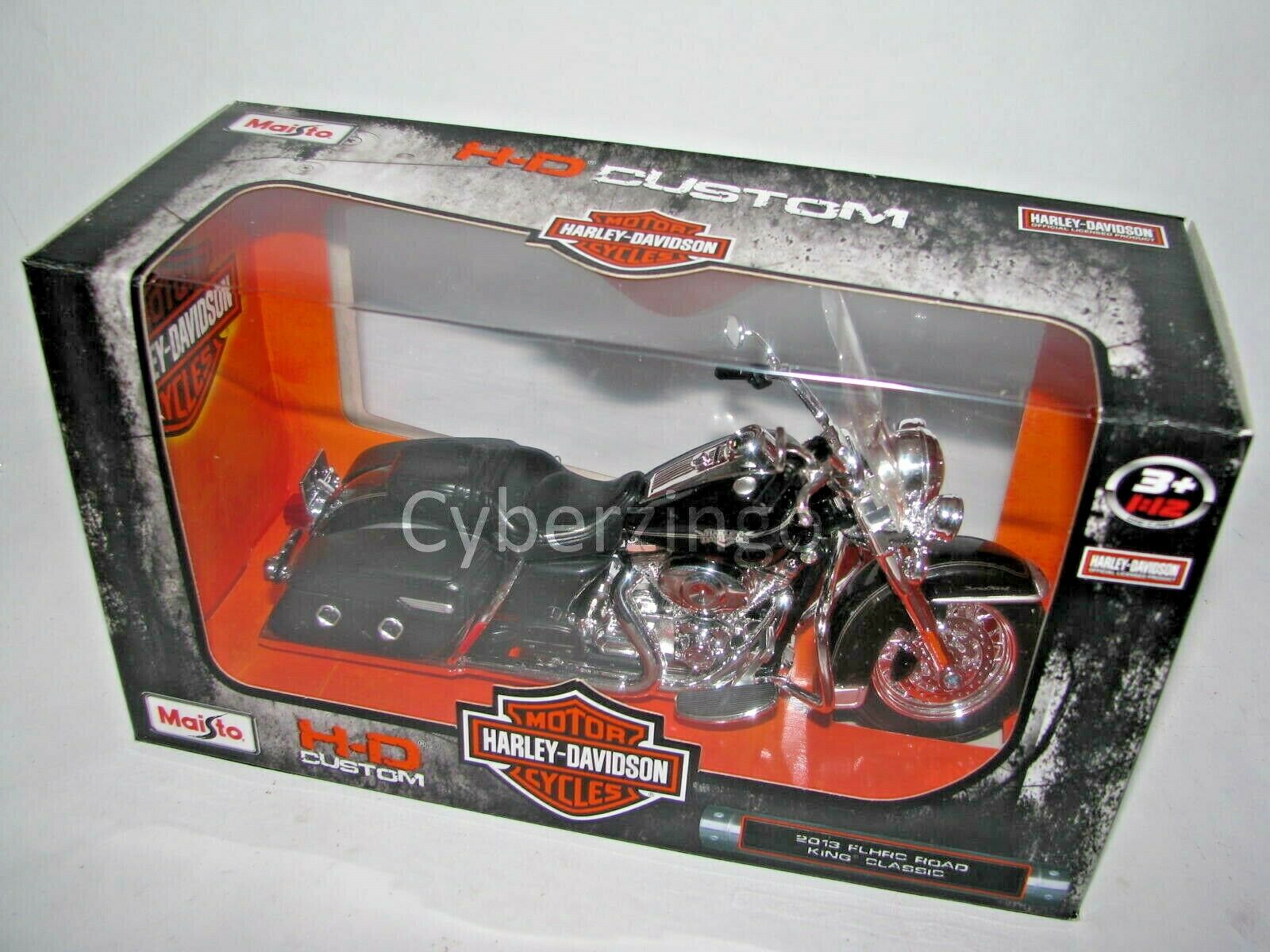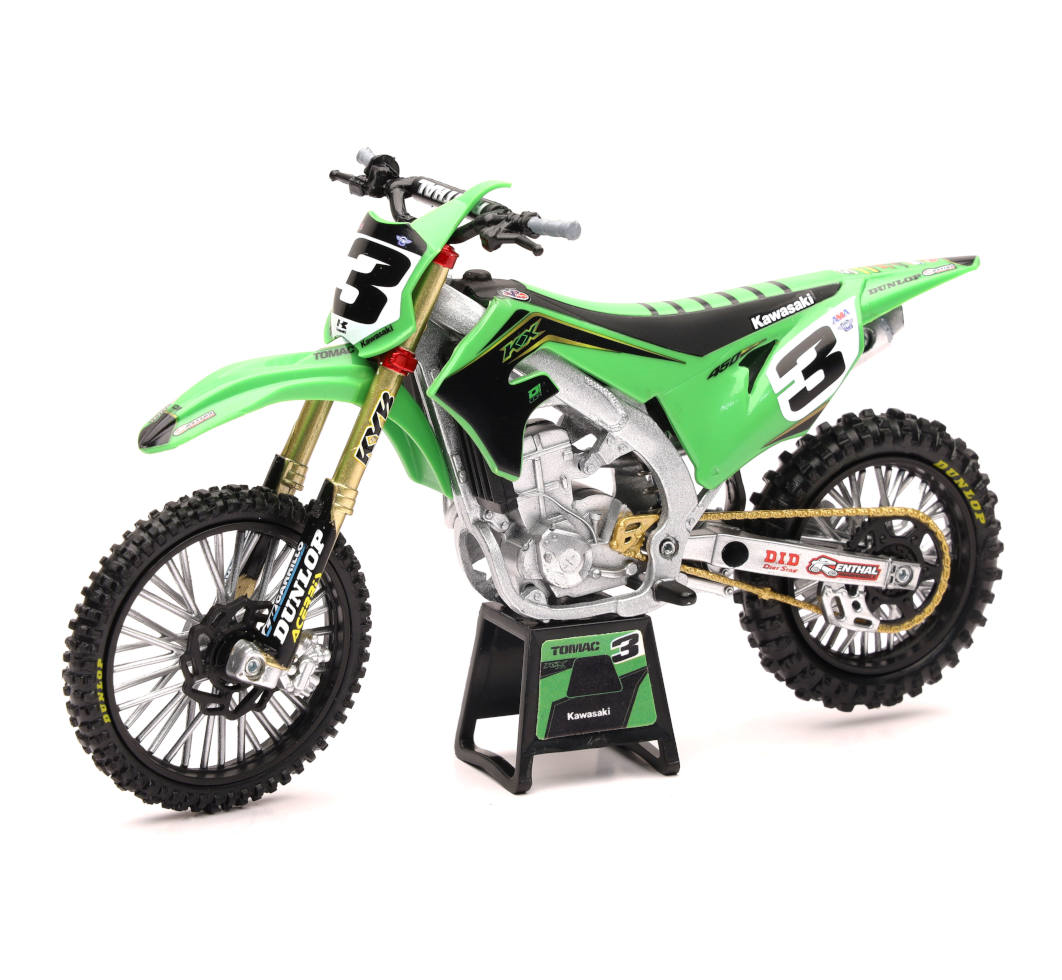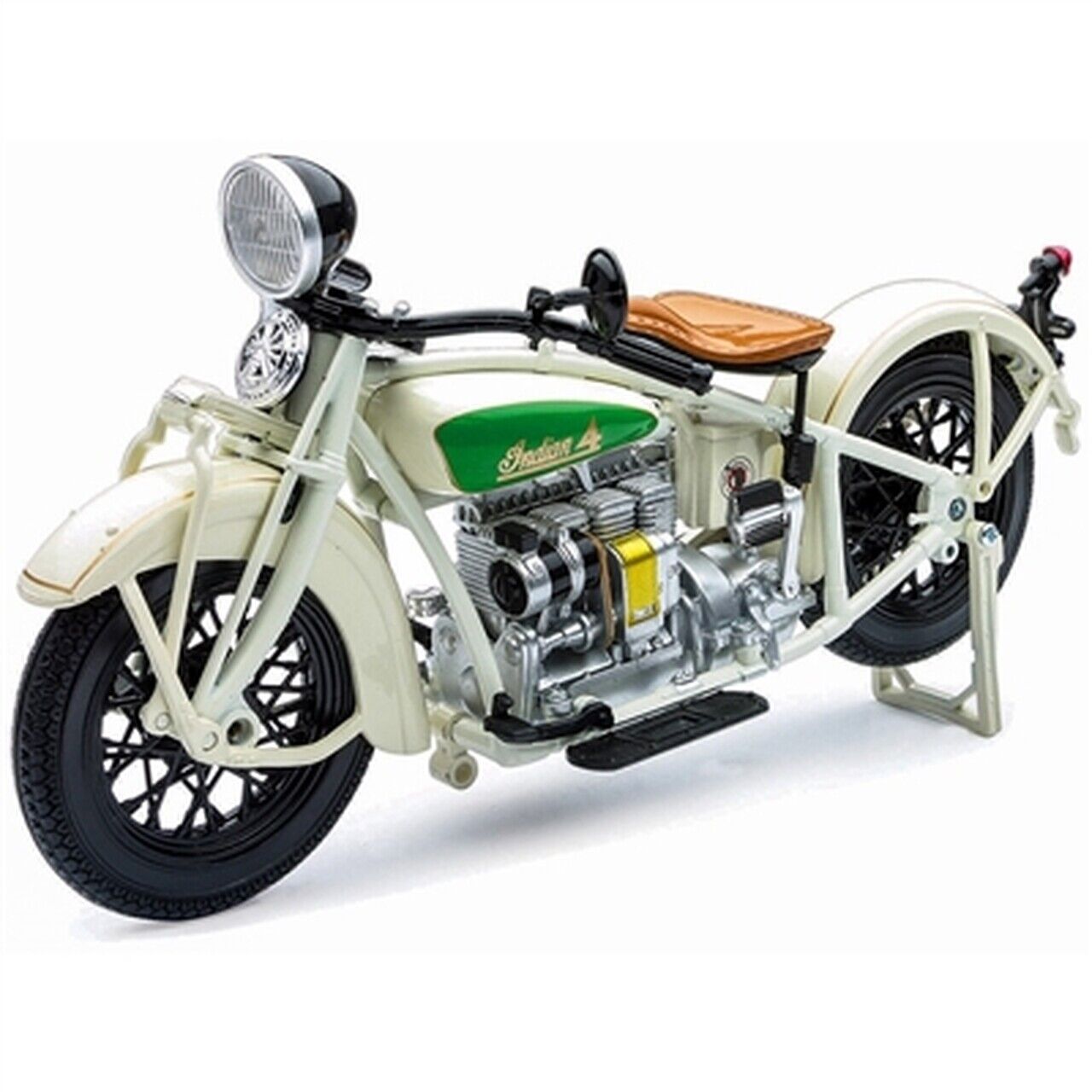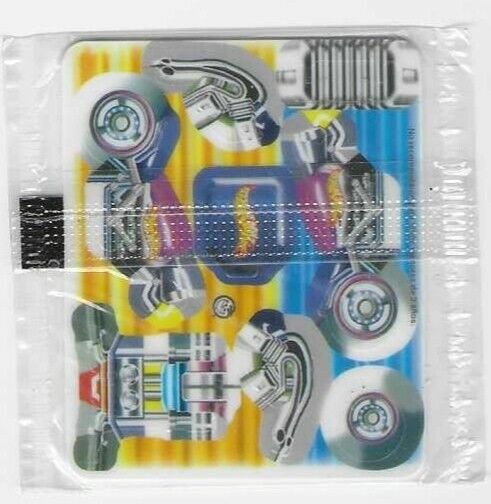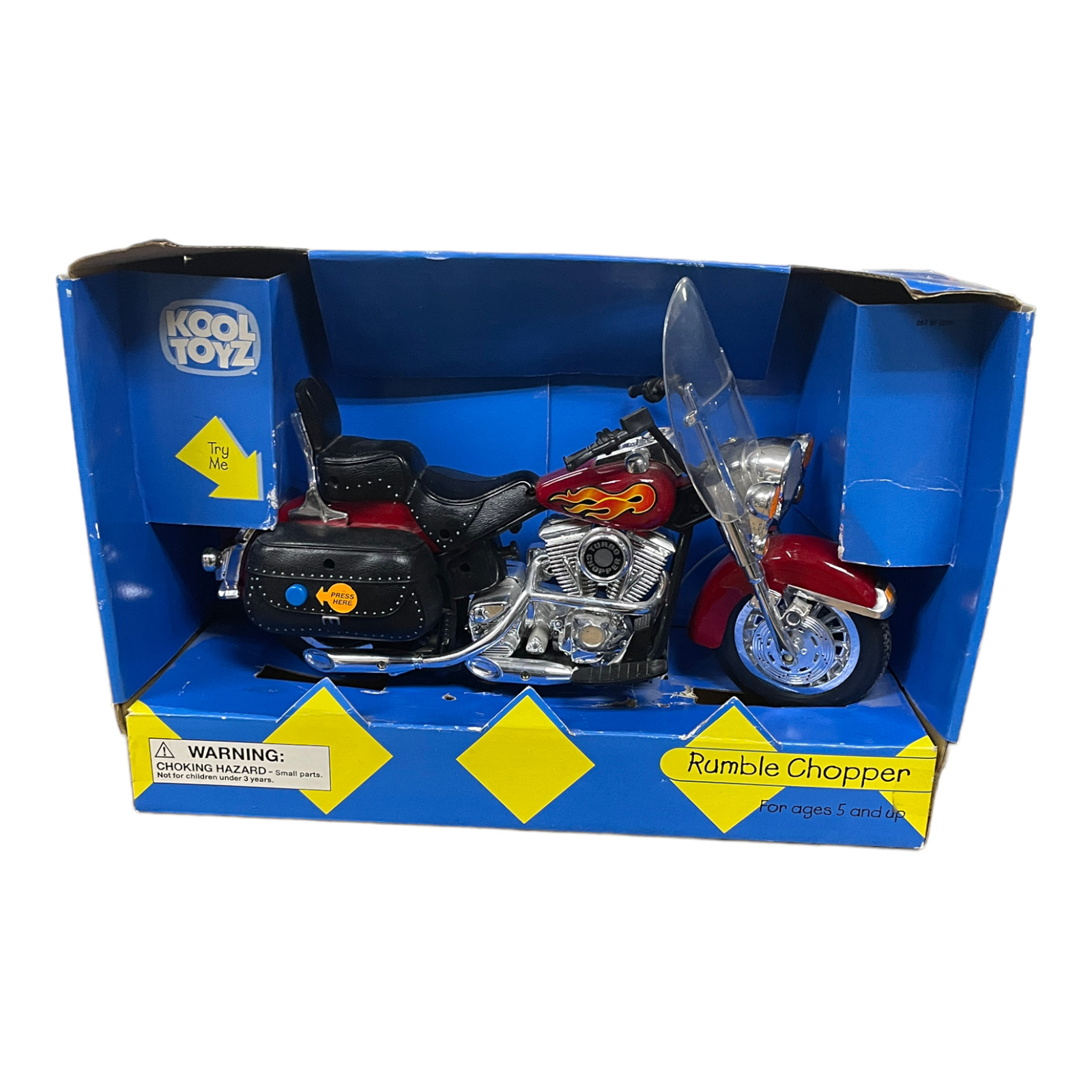-40%
1928 Indian 101 Scout Motorcycle, Hawthorne Village By Bradford Exchange
$ 68.11
- Description
- Size Guide
Description
Indian Motorcycle Express 1928 101 Scout . Authentic Original from the Indian Motorcycle R Express. Each issue is superbly crafted to meet or exceed the strict quality standards of Hawthorne Village.How the Indian Express came to be:
In tribute to this Legendary American motorcycle (that is still made in America), Hawthorne Village presents the Indian Motorcycle Express. The Train is bodly decorated with famous colors, official Logos and classic slogans.
This flat car hosts the 1928 "101" Scout. Looking at the diecast motorcycle you will see that Hawthorne Village went through in every detail to duplicate the famous Indian Scout of 1928.
If you are an Indian Motorcycle Fan you will not be disappointed in the Collection.
free shipping to our 48 States. Please ask for a shipping quote outside of this area.
About the Indian Motorcycle Company and the Scout Model:
A marque at the very forefront of motorcycle design and technology in the opening decades of the 20th Century, Indian nowadays is remembered mainly for its powerful, large-capacity v-twins, the first of which appeared in 1907. The Springfield firm's first twin was based on its highly successful 'F-head' (inlet-over-exhaust) single-cylinder model, and this type of engine would continue to power the road-going 'Iron Redskins' until a new 61ci (1,000cc) 'flat head' (sidevalve) v-twin - the Powerplus - was introduced for 1916.
A smaller Indian v-twin model, the 37ci (600cc) Scout, joined the Powerplus in 1920, soon gaining a deserved reputation for durability; so much so that 'You can't wear out an Indian Scout' became its advertising slogan. Contributing to this longevity was the use of gears for the primary drive rather than the customary chain, and this unusual feature would endure until 1933. A 45ci (750cc) variant was first offered in 1927 and then in April 1928 the 101 Scout appeared featuring a revised 750cc 'flat head' engine in a new longer-wheelbase frame. This sporting machine would prove an immense success for the Springfield firm, so much so that its replacement in 1931 by a heavier Chief-framed model was greeted with dismay.








